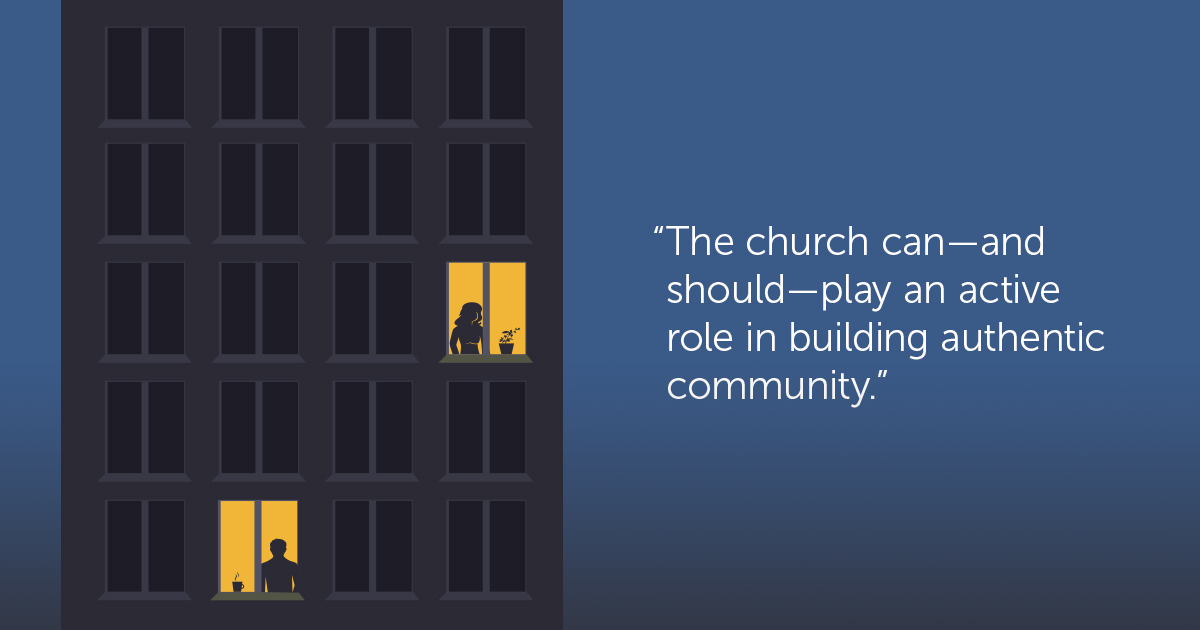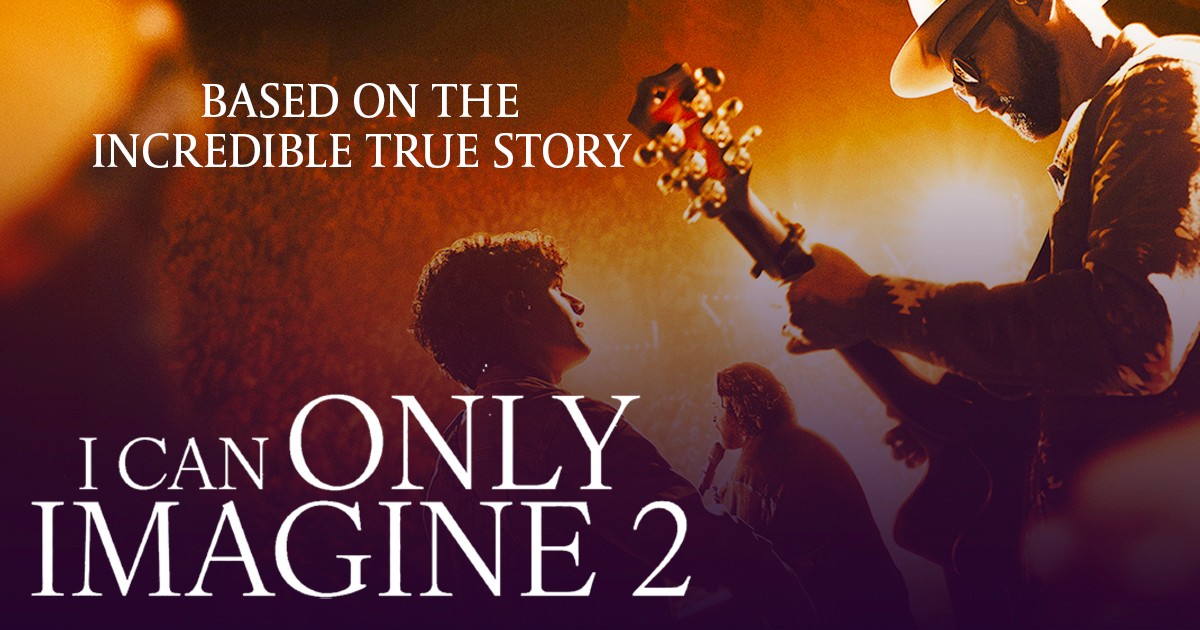The past two years have perhaps been the most isolating in a century, so it’s probably no surprise that people are talking about loneliness a lot these days. But even before the COVID-19 pandemic limited non-essential travel, social gatherings and workplace water cooler chats, Vivek Murthy, past surgeon general of the United States, suggested the world was in the midst of a different pandemic—a pandemic of loneliness.
“During my years caring for patients, the most common condition I saw was not heart disease or diabetes,” Murthy writes in his book Together: The Healing Power of Human Connection in a Sometimes Lonely World. “It was loneliness.”
Humans are inherently social. In fact, God created us to be connected to each other.
At the end of the sixth day of creation in Genesis 1, God declares that everything he made is indeed “very good.” The original Hebrew word for “good” here is tov. Lisa Sharon Harper, author of The Very Good Gospel: How Everything Wrong Can Be Made Right, argues that the original readers would have understood this word to refer to the goodness, not of the created things themselves, but of the ties and relationships between things in creation. In Genesis 2, God says: “It is not good for the man to be alone” (Genesis 2:18).
When we look at the scope of human history, we see the truth of these statements. Humans have always needed each other. Our social interactions have historically secured our survival; families, tribes, settlements and cities have long provided a critical workforce necessary for producing food, erecting shelters and protecting important assets.
Our modern world, in contrast, has made us more self-reliant, and we have begun to forget our deep need for connection. However, while we no longer rely on community for stocking our pantries or protecting our land in the tangible ways we once did, this does not mean we need each other any less.
Beyond the physical ways we needed each other in the past, humanity is designed to require community for the sake of our emotional, mental and spiritual well-being. We need each other in ways that go beyond the practical benefits of communal life.
Despite this overwhelming evidence that we need each other, many are hiding the truth that they are lonely. In fact, a 2018 study found that nearly half of all Americans sometimes or always feel lonely, and I assume it is the same for Canadians. And since loneliness is so widespread, chances are that if you are feeling lonely, you aren’t alone.
Interestingly, feeling lonely and being alone don’t always go hand in hand. Murthy explains that “loneliness is the subjective feeling that you’re lacking the social connections you need.” Because of this, we can’t assume that everyone in our church is immune from this pandemic of loneliness. There is a very good chance that people in our church communities—people we interact with on a regular basis—are feeling isolated. We are meant to be known and loved, not merely noticed or acknowledged; when it comes to fighting loneliness, quality is much more important than quantity, and all too often our social interactions—including those within the church—only stay at surface level.
Jennie Allen, bestselling author of Find Your People: Building Deep Community in a Lonely World, suggests five key factors for life-giving relationships that combat loneliness—factors that, if three or four are put together, will result in meaningful connection and community:
- Proximity—the geographic closeness between two individuals.
- Vulnerability—the ability to be open and honest with one another.
- Accountability—the willingness to lovingly call each other out.
- Mission—a shared calling or philosophy for living.
- Consistency—the commitment to stay when life becomes difficult.
If what Murthy says is true, and that “healthy relationships are as essential as vaccines and ventilators for our global recovery” from the COVID pandemic, then I believe the church can—and should—play an active role in building authentic community. Connections that are tov—good. But it will take effort. It is not easy to be vulnerable with each other, to hold each other accountable, to stay committed to one another even when life becomes difficult. But this is exactly the kind of love Jesus calls us to, and it is the kind of love we all need.
Captain Laura Van Schaick is the divisional secretary for women’s ministries in the Ontario Division.
Illustration: rodnikovay/stock.Adobe.com
This story is from:










Comment
On Wednesday, May 11, 2022, Dani Shaw said:
Leave a Comment